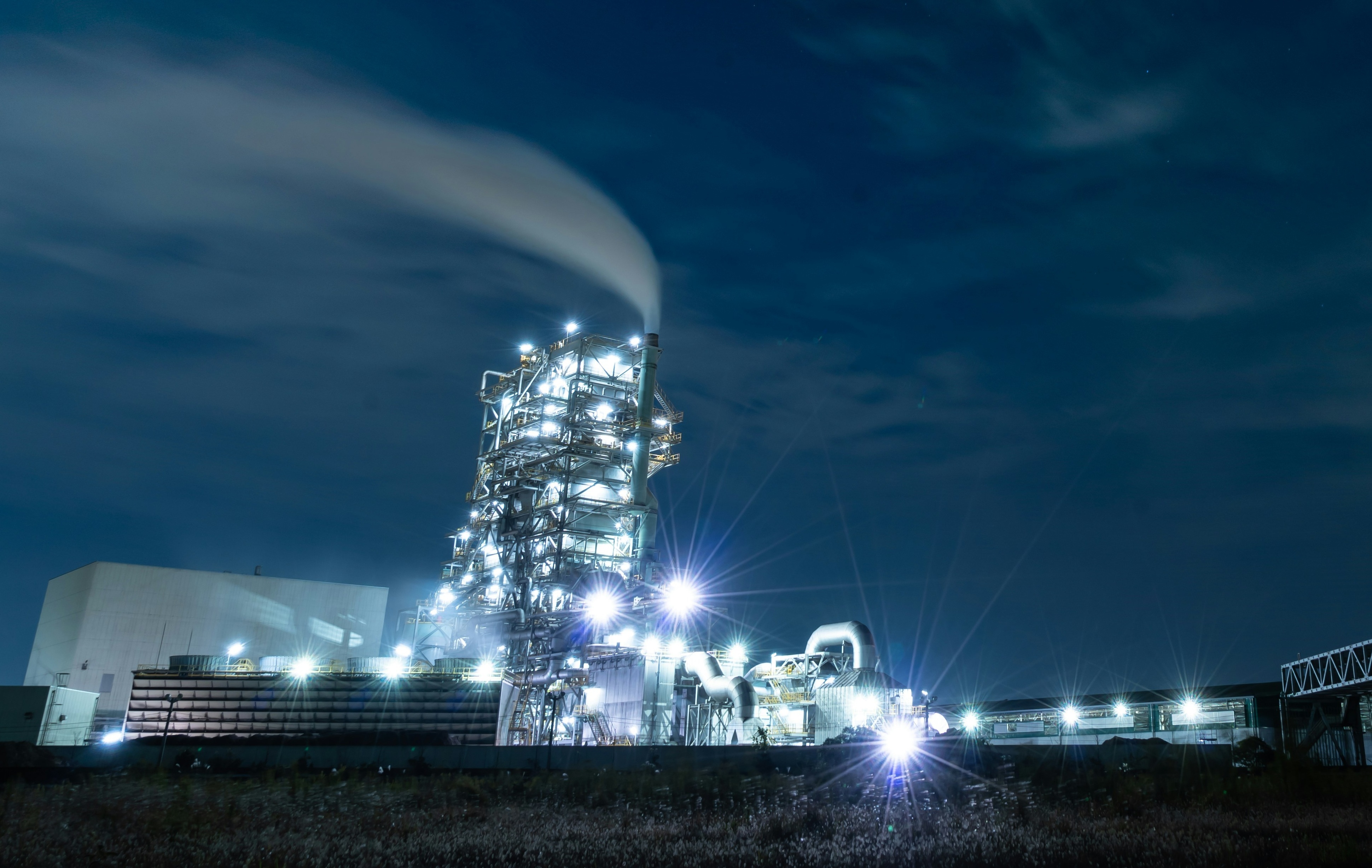Did you know energy demand is expected to grow by 18% by 2050? If your current energy management platform isn’t preparing you for this future, it’s costing you more than you think.
While conventional energy management platforms focus on reporting, CoolPlanet focuses on results. It is engineered to turn energy from a cost center into a performance engine. No rebuilds. No disruption. Just measurable ROI.
In this article, we'll examine how your current platform might be failing you and provide practical fixes to turn your energy management system from a cost center into a strategic asset. Let's discover how to stop wasting money and start optimizing your energy resources.
Hidden Costs in Your Current Energy Management Platform
Energy management systems are supposed to save you money. But if you’re stuck with outdated tools, they may be leaking it instead, through inefficiencies, operational drift, and lost revenue opportunities. Yes, your energy management platform might be silently draining your budget. Most organizations don't recognize these financial leaks until they've already caused substantial damage. Let's examine the most common hidden costs that undermine your energy efficiency efforts.
No Real-Time Monitoring or Operational Drift Detection
If your platform doesn’t detect issues as they happen, it’s already too late. CoolPlanet uses digital twins and real-time asset monitoring to detect operational drift the moment it begins before it compounds into EBITDA erosion.
Disconnected Data = Missed Insights
Traditional platforms create silos. CoolPlanet integrates live data across all assets, utilities, and sites—globally. Our platform doesn’t just collect energy data; it translates it into site-level actions and enterprise-wide financial insights.
Inaccurate or Delayed Data Aggregation
Despite the growing abundance of energy data, many platforms struggle with effective data sharing across sectors. Your energy management platform may be creating data silos that prevent holistic insights. In fact, organizations generate vast amounts of data from sensors, meters, and systems that remain fragmented and underutilized without proper integration. Consequently, opportunities for optimization remain hidden, directly impacting your bottom line.Energy Procurement Chaos
Site-by-site buying strategies lead to overpayment, underperformance, and unmanaged risk. CoolPlanet centralises procurement strategy and uses automation to optimise grid participation, renewable integration, and demand flexibility—turning market volatility into margin.
No Renewables Strategy
Many energy management solutions lack proper integration with renewable energy systems, limiting their effectiveness. Without proper integration, organizations cannot achieve key renewable energy goals, including reduced carbon emissions, increased asset utilization, and enhanced grid reliability and resilience. Effective integration establishes viable business models for incorporating these technologies into capacity planning, grid operations, and demand-side management—capabilities absent in outdated energy management platforms. CoolPlanet maximises on-site generation and optimises grid interactions, monetising flexibility while supporting your carbon and resilience goal.
Fixes That Actually Work: From AI to Automation
Advanced technologies offer concrete solutions to costly energy management challenges. Implementing these innovations can transform an inefficient platform into a cost-saving powerhouse.
Machine Learning for Predictive Maintenance
Machine learning techniques excel at identifying potential equipment failures before they occur. These technologies analyze data from various sources, including sensors, meters, and historical records, to detect patterns that indicate future problems. By proactively detecting these issues, organizations can reduce system downtime, extend equipment lifespans, and achieve significant cost savings. Predictive maintenance reduces the need for expensive emergency repairs while increasing overall system efficiency.
Automated Load Balancing and Demand Response
Automated load balancing distributes electricity efficiently across your network to prevent overloads and optimize energy flow. By dynamically shifting energy usage based on real-time conditions, these systems ensure stable and cost-effective distribution. Similarly, automated demand response programs enable buildings to automatically reduce energy consumption during peak periods. Many utilities now offer cash rebates to organizations participating in these programs.
CoolPlanet doesn’t just visualise data—it acts on it. Our autonomous control engine shifts load intelligently, reduces peak costs, and unlocks new revenue streams through smart market participation.
Choosing the Right Energy Management Solution for Your Needs
Selecting the ideal energy management platform requires careful consideration of several critical factors. As you evaluate options, focus on capabilities that align with your organization's specific needs and future growth plans.
Scalability for Multi-Site Operations
First, choose a system that can adapt as your business evolves. According to the U.S. Environmental Protection Agency, the average building wastes 30% of consumed energy due to inefficiencies. An effective energy management platform must handle your current facilities while accommodating future expansion. Cloud-based solutions specifically enable organizations to collect and analyze data across distributed locations through a single interface. This centralized approach allows facility managers to benchmark performance across properties and identify underperforming sites for targeted improvements.
Customizable Dashboards and Alerts
Equally important, look for platforms with tailored visualization options. Effective dashboards should consolidate meters, projects, and buildings in portfolio-wide views. Indeed, the best systems offer role-based default displays that can be customized to highlight whatever metrics are most valuable to your team. Furthermore, drag-and-drop widgets, charts, tables, and numeric displays allow you to create precisely the interface needed for different stakeholders. Without customizable dashboards, energy projects often lose momentum as users become frustrated with one-size-fits-all interfaces.
Integration with Existing Building Systems
Alongside scalability and customization, compatibility with your current infrastructure is crucial. Before selecting an energy management system, verify it integrates seamlessly with existing HVAC systems, lighting controls, and building automation platforms. Incompatible systems typically lead to data loss, duplication, or inconsistency. The ideal solution provides standardized interfaces that facilitate interoperability within complex energy ecosystems.
Evaluating Commercial Energy Management Solutions
Finally, when comparing options, assess these key factors:
- Return on investment potential, including energy efficiency improvements and long-term value creation
- Vendor reputation, ongoing support, and system update frequency
- User-friendliness and adoption likelihood across your organization
Final Word: Don’t Just Manage Energy. Optimise It.
The wrong platform lets inefficiencies hide. The right one finds and fixes them before they cost you margin.
CoolPlanet is the energy intelligence layer built to eliminate waste, unlock hidden value, and turn volatility into opportunity.
If your current platform is just reporting the problem, let’s talk about how CoolPlanet can solve it.





